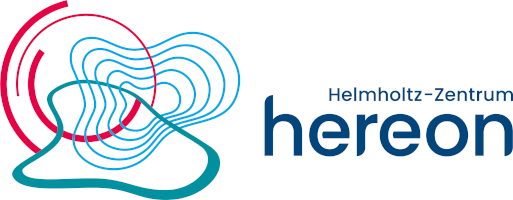Capacity building in the field of climate change adaptation - First experiences from a rural research and development project in Germany
- “Adaptation to climate change” as a new field of knowledge challenges agricultural and horticultural (vocational) education and extension. Farmers and horticulturists are confronted with vague scientific findings at best. A broad variety of global climate scenarios is “projected” onto regions and exact predictions are usually not possible. Often, personal observations and experiences seem to contradict scientific assertions. Under this condition farmers and policy makers must decide about future land use. What does this imply for capacity building? How to transform insecurity into concrete educational measures and programs? The authors discuss their first experiences within a German R&D network (INKA BB) in which they develop capacity building programs. Two examples from urban agriculture / urban gardening will be used as case studies. Strengths and weaknesses of the development processes and their management will be discussed. Since the topic is complex and adaptation is a continuous activity, learning in connection with climate change adaptation ideally begins on elementary level, continues in higher and vocational training, and does not end with extension. In other words: “learning chains” must be developed which enable life-long learning in formal, non-formal and informal learning environments. Competencies are needed beyond classical technological and economic skills. Problem solving - from problem perception, analysis, generation of alternative solutions, to implementation and evaluation - with a key competence in critical analysis and reflection of contemporary research findings - gain in importance. In INKA BB, participation is seen as axiomatic. As a consequence, an action-oriented, participatory approach has been chosen which enables mutual learning among partners from research, formal and informal, elementary, higher and vocational education. A crucial point is the question of “Who could be the bridge between science and the educational practitioner?” In INKA BB, a specific working group (the subproject on “Knowledge Management and Transfer”) facilitates the development processes and therefore plays a liaison role between theory and practice. In the long-run, sustainable ownership of this process must be achieved. A combination of network building, mutual learning in permanent work groups, provision of technical trainings, and joint planning, testing, monitoring and evaluation is seen as a precondition.
| Verfasserangaben: | Eva Foos, Thomas Aenis, Julia Jahnke |
|---|---|
| URN: | urn:nbn:de:gbv:18-7-8828 |
| Handle: | http://www.ifsa2012.dk/downloads/WS5_3/Eva%20Foos.pdf |
| Titel des übergeordneten Werkes (Englisch): | The 10th European IFSA Symposium, 1-4 July 2012 in Aarhus, Denmark - Producing and reproducing farming systems: New modes of organisation for sustainable food systems of tomorrow |
| Dokumentart: | Konferenzveröffentlichung |
| Sprache: | Englisch |
| Datum der Veröffentlichung (online): | 03.09.2014 |
| Jahr der Erstveröffentlichung: | 2012 |
| Veröffentlichende Institution: | Staats- und Universitätsbibliothek Hamburg Carl von Ossietzky |
| Beteiligte Körperschaft: | IFSA International Farming Systems Association Europe Group |
| Datum der Freischaltung: | 27.05.2015 |
| Freies Schlagwort / Tag: | Anpassung |
| Institute: | INKA BB |
| Zielgruppe: | Wirtschaft und Unternehmen |
| Behörden und Politik | |
| Wissenschaft | |
| Schule und Bildung | |
| Verbände und Nichtregierungsorganisationen | |
| Handlungsfelder: | Landwirtschaft und Ernährung |
| Region: | Berlin-Brandenburg |
| Methodik: | Feldstudie |
| Partizipative Verfahren | |
| Netzwerkbildung | |
| Natur- und Siedlungsraum: | Land und ländliche Siedlungsräume |
| Lizenz (Deutsch): |  Nutzungseinräumung Nutzungseinräumung |





